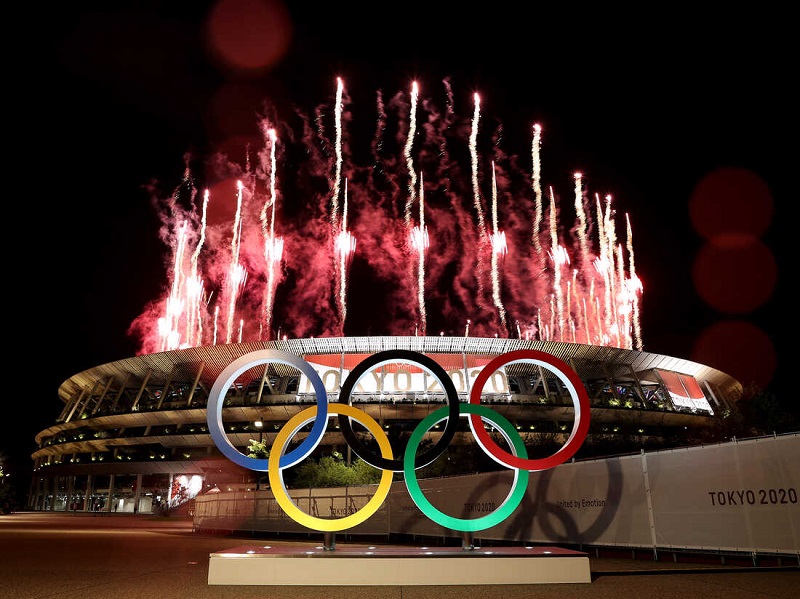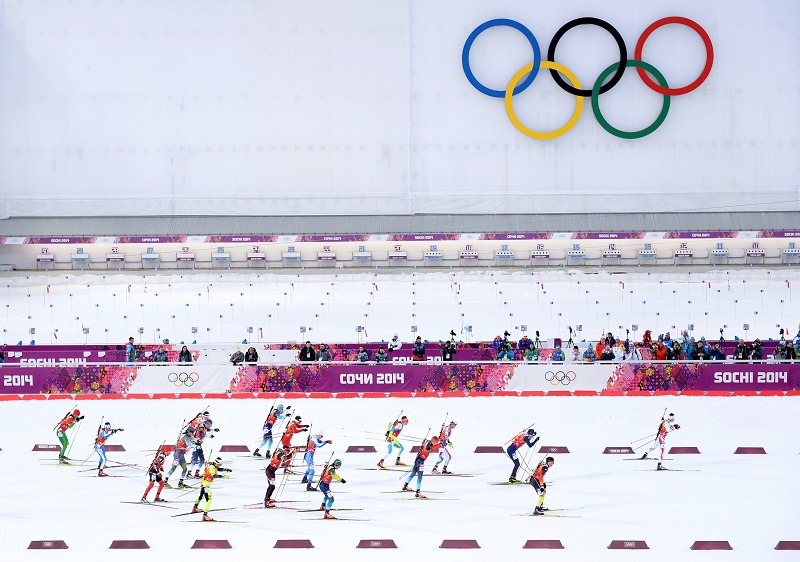
Hosting the Olympics is viewed to be prestigious for developed countries. The Olympics need great Infrastructure Construction and Cultural Exchange constrain on the economy. So the question emerges for what reason would countries like to host the Olympics? For the 2016 Olympics, Japan just spent $150 million for only presenting the bid even it was ineffective lastly got the bid of $75 million for the 2020 Olympics. Their bid was worth more than $7 Billion.
How do Countries have to Plan the Olympics?
The delayed Tokyo 2020 Summer Games were already the costliest Olympics ever, running at 200% over budget on Sep. 7, 2020, but not booked to start until July 2021. Tokyo forecast $7.3 billion in their 2013 bid, yet the actual expense is assessed to be $15.84 billion as of Sep. 2020, with costs proceeding to rise. A Jan. 2021 study discovered that losing foreign spectators because of COVID-19 limitations could cost Japan as much as $23 billion.
Reasons to Host the Olympics

Hosting the Olympic Games is an interesting and open door for a country to bring competitors from all over the world into one place to play sports together. It permits them to spread the message of harmony and unity with practically no race and gender. The Olympic movement expects to contribute by instructing youth to build a superior and serene better world through sport practiced without discrimination. Common comprehension with a feeling of fair play, fortitude, and fellowship characterizes the Olympic soul. The host nation of the Olympic Games has left a legacy long after the Games.
Countries hosting the Olympics gain temporary jobs because of Infrastructure Construction and Cultural Exchange that keep helping the urban communities into the future. For instance, Rio de Janeiro developed 15,000 hotel rooms to accommodate. Sochi, Russia, put around $44.3 billion in building a non-sports infrastructure for the 2014 Olympics.
Beijing spent more than $22.5 billion building streets, air terminals, metros, and rail lines, as well as nearly $11.25 billion on ecological cleanup. Furthermore, a great many athletes, sponsors, media, and spectators commonly visit a host city for a very long time before and six months after the Olympics, which Increase Fiscal Revenue.
Histories for some, Olympics hosting countries have been especially indifferent economically, with some making incredible progress and others looking for answers. As per numerous business analysts, the monetary advantages of the Olympics for the hosting country frequently include taking care of significant expenses while yielding few tangible rewards over the long haul. Indeed, even the inclusion in the bidding process for securing Olympic Games facilitating privileges seems to build the commodities and exchange transparency for a country in that specific period. Facilitating the Olympics positively affects the philanthropic contributions of enterprises settled in the country, which helps the nearby charitable area and common society considerably during and after the games. Olympics at London, Barcelona, and Beijing has been viewed as the best on the monetary side of things.
As far as sporting achievement, there is an agreement that the hosting countries that aren’t the top performers at the Olympics benefit more by organizing this athletic festival. This is because the hosting country can partake in the games with more competitors due to automatic qualification rules. These competitors from the hosting country are exceptionally acquainted with the settings, climate, and environmental conditions as they have lived, prepared and vied for the vast majority of their lives. They are not expected to head out abroad to contend at the Olympic Games, so jet lag and different challenges related to competitors of different nations aren’t something for them to handle at any stage. A hosting country puts loads of cash in their sporting projects and offices, so their competitors get the amazing chance to work on their exhibitions and make progress. The crowd factor plays a massive part in boosting the International Image and confidence of the hosting country’s competitors. That higher help from the fans arouses the competitors to accomplish something noteworthy that will be recalled forever.

Disadvantages of Hosting the Olympics
The lift in work creation for urban communities facilitating the Olympics isn’t dependably pretty much as valuable as at first saw. For instance, Salt Lake City added just 7,000 positions, around 10% of the number that authorities had referenced, when the city facilitated the 2002 Olympics. Likewise, most positions went to labourers who were at that point utilized, which didn’t help the number of jobless workers. Besides, a considerable lot of the benefits acknowledged by construction companies, lodgings, and eateries go to global organizations rather than to the host city’s economy.
Also, income from the games often covers just a part of costs. For instance, London acquired $5.2 billion and spent $18 billion on the 2012 Summer Olympics. Vancouver, Canada, acquired $2.8 billion after spending $7.6 billion on the Winter Games in 2010. Beijing created $3.6 billion and spent a larger number than $40 billion for the Summer Olympics in 2008. Starting in 2016, Los Angeles is the first host city that understood a benefit from the games, generally because the required infrastructure already existed.

No responses yet